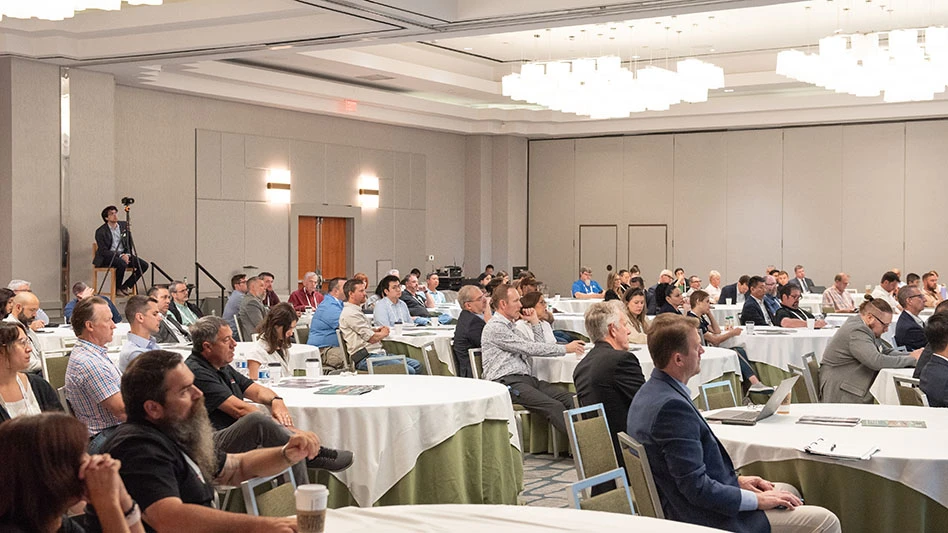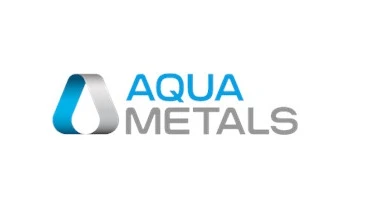
As the battery recycling landscape evolves, so do legislative and regulatory changes.
At the upcoming Battery and Critical Metals Recycling Conference, June 9-10 in Nashville, Tennessee, industry leaders will examine the complexities surrounding battery and critical metals recovery and recycling.
In the Navigating Battery Recycling Legislation and Regulations session June 10 from 11-11:45 a.m. CT, Marc Boolish, policy advisor at Wiley Rein LLP and director of PRBA – The Rechargeable Battery Association, will highlight state policies shaping the future of battery recycling, as well as key federal legislative updates and compliance requirements.
Boolish is a chemical engineer who worked at Energizer for more than 25 years, holding various roles in research and development in the design of batteries of various chemistries as well as global government affairs, directing safety, environmental affairs, standards and transportation for Energizer’s product categories.
Recycling Today spoke with Boolish for a sneak peek at the key takeaways and what attendees can expect to learn from this important discussion.
Recycling Today (RT): During your session, you’ll discuss how state policies like extended producer responsibility (EPR) are shaping the future of battery recycling. Which EPR policies are currently in place and what policies are being considered?
Marc Boolish (MB): EPR for batteries began in Europe and Taiwan in the 1990s and has since grown to be active in more than 40 countries.
In the U.S., there is a mixture of state and federal responsibility programs varying based on battery chemistries. All-battery EPR programs are now law in four states and [Washington D.C.], and more than 20 states are actively considering all-battery EPR legislation in 2025.
RT: What should businesses know about current and future battery collection and recycling bills at the state and federal levels? Additionally, how can businesses prepare for and navigate the complex landscape of global regulations related to battery recycling and disposal?
MB: Businesses should know EPR is here now for all battery chemistries, and the growth of programs will accelerate across states and the federal government in the coming years. To influence and navigate the landscape complexity, it is important to work with an organization dedicated to influencing and managing EPR activity. Wiley Rein and PRBA – The Rechargeable Battery Association manage the interests of the battery industry, battery users and other stakeholders in the battery industry at all levels of the supply chain, from material development through end of life.
RT: In recent weeks, the Trump administration has launched a plethora of new tariffs. Can you share how these changes may affect the movement of batteries and battery materials across borders?
MB: The tariff situation has been very active and will continue to be active under the current administration. With batteries and battery materials coming from all parts of the world, tariffs undeniably have an impact on battery supply chains. Wiley Rein has a group dedicated to tariffs and can help navigate the changing complexities.
RT: The industry is also keeping a pulse on the Environmental Protection Agency’s (EPA) national framework to shape the future of battery recycling programs. Can you share a little bit about that framework and its goals?
MB: EPA is developing a framework for best practices related to the collection and recycling of batteries of all sizes and chemistries. This effort began in early 2024 and will conclude with a report to Congress in early 2026.
EPA has divided the effort into sections covering portable, medium format and large-format batteries. Sessions for the portable and medium format categories have concluded, and work on the large format category began in April. The goal of this effort is to provide an EPR framework for consideration by Congress and states.
RT: What do you hope attendees take away from this session?
MB: The legislative and regulatory landscape for batteries is extremely active in the U.S. and around the world in all aspects of bringing batteries to market and managing them at end of life. Attendees will be provided with a summary of the activity, particularly in the U.S., and resource options to help understand and navigate the complexities.
Latest from Recycling Today
- USTR announces phased measures designed to address China’s shipbuilding dominance
- APR, RecyClass release partnership progress report
- Clearpoint Recycling, Enviroo sign PET supply contract
- Invista expanding ISCC Plus certification program
- Redwood partnership targets recycling of medium-format batteries
- Enfinite forms Hazardous & Specialty Waste Management Council
- Combined DRS, EPR legislation introduced in Rhode Island
- Eureka Recycling starts up newly upgraded MRF





